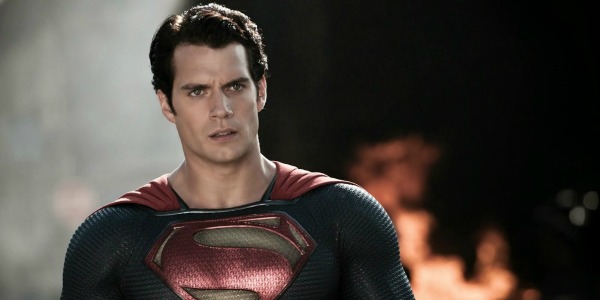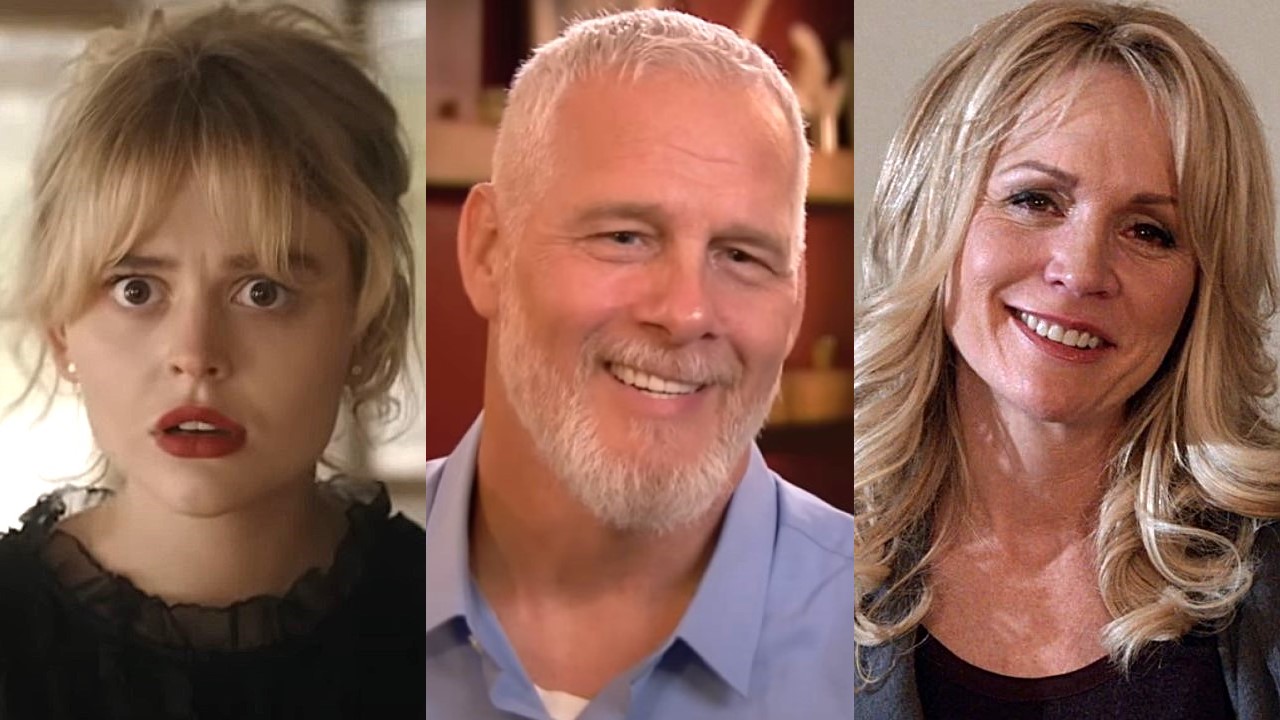What Movie Studios Need To Do To Compete With TV, According To Warner’s CEO

The gap between the big and the small screen has never been closer. In fact, more people are now inclined to boast about their binge watching antics than show off about the latest film that they trekked to the cinema to see. But rather than withering in the corner, accepting their fate, and watching television streak ahead in popularity, movie studios are fighting back. Warner CEO Kevin Tsujihara has now devised a plan for how cinema can compete with TV. But it's far from new. In fact, it's exactly what the studios have been doing for the last few years, as Kevin Tsujihara insists that cinema has to focus on big franchises and universes to succeed.
Kevin Tsujihara made these comments while talking at the Credit Suisse Technology, Media & Telecom Conference in Scottsdale, Arizona (via The Wrap), insisting that over the next few years the studio will be focusing more and more attention on evolving the DC Comics, Harry Potter, and the Lego Movie franchises. Kevin Tsujihara declared:
What is becoming more and more important is really these big franchises. ... If you look at what's happening with the quality of the television product, the movies that are breaking through are the big franchises.
In addition to admitting that tapping into the increasingly profitable Chinese market is key, Kevin Tsujihara also teased that Warner Bros. are looking at how to bring one of their most storied and recognizable franchises to a modern audience. He openly asked the audience, "Do we have an opportunity to rejuvenate Looney Tunes?"
Kevin Tsujihara, who has come in for some criticism for his treatment of DC Comics, also boasted that Warner Bros. has the second most impressive slate of intellectual properties in Hollywood. However he was unable to make the argument that they rival Disney, which owns Lucasfilm (Star Wars, Indiana Jones), Marvel Cinematic Universe (Iron Man, The Avengers, Captain America et al), and Pixar (Finding Dory, Toy Story 3), but their own live-action and animation efforts this year (Zootopia, Jungle Book) have been tremendously successful, too.
While those of us looking for more diverse blockbuster cinema from Hollywood's main studios will find Kevin Tsujihara's comments slightly worrisome, the stats regarding the increase in popularity of franchise cinema prove his point. During his chat Kevin Tsujihara pointed out that back in 2013 the top films of the year accounted for 25 percent of the box office. In 2016 it will be around 30 percent, which means that finding and then maintaining a franchise has become even more important.
It's not that Warner Bros. hasn't tried to inject original movies from visually mesmerizing directors and writers into their slate over the last few years. In the last 24 months alone Warner Bros. have brought us Interstellar _(Christopher Nolan), _Inherent Vice (Paul Thomas Anderson), Mad Max: Fury Road (George Miller), Midnight Special (Jeff Nichols), and _The Nice Guys _(Shane Black). From the sound of things, though, films of this ilk are getting squeezed out in favor of sequel after sequel after sequel, and that's just depressing enough to make me openly weep.
Your Daily Blend of Entertainment News

